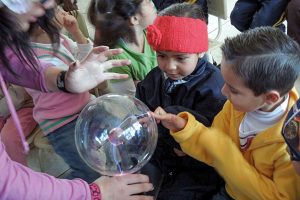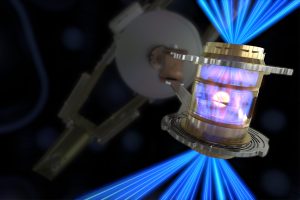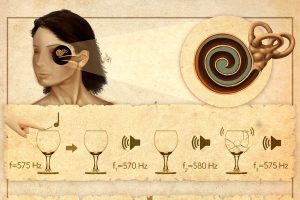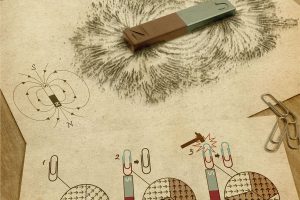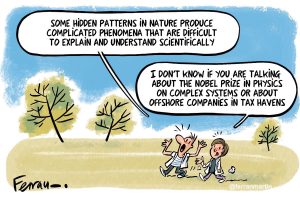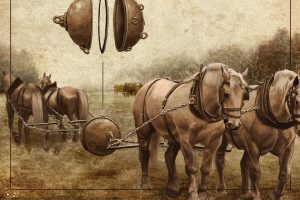Search
One way to stimulate interest in physics is to expose people to experiences that arouse their curiosity and lead them to seek explanations for phenomena.
Today, citizens interested in science have many ways to access it, from the classic formats of books and journals, to television and radio programmes, to social networks and other internet platforms.
Full Professor of Physics Pas García takes a gendered approach to her field, which involves the diffraction and polarisation of light. She points out that women in physics represent only around 20–22% of researchers.
Could there be a universe where the laws of physics were different and there was no second law of thermodynamics? Christopher Nolan's film Tenet (2020) explores this new reality.
Nuclear fusion energy has great advantages. The latest discoveries in this field made by the National Ignition Facility in the United States have great scientific significance.
When a body descends in air or another fluid, what determines its acceleration is the gravitational force minus the friction, not its mass.
In resonance, the force transmitted to the object may be relatively small, but when it is transmitted with the right frequency, it oscillates with great amplitude.
If we hang a magnet by a thread, it always aligns itself in the same direction, even if there is no other magnet nearby. This is a compass and responds to the Earth's magnetism.
The 2021 Nobel Prize in Physics has recognised the work in the study of complex systems in nature, but Ferran Martin looks at other complex systems in his particular look at this week's news.
In the 17th century, it was difficult to achieve and maintain a partial vacuum. In the 21st century, the challenge is to achieve an ultra-vacuum in the laboratory such as we could never have dreamed of.


